Wondermondo 🢖 World 🢖 Wonders of North America
Territory
Wonders of North America
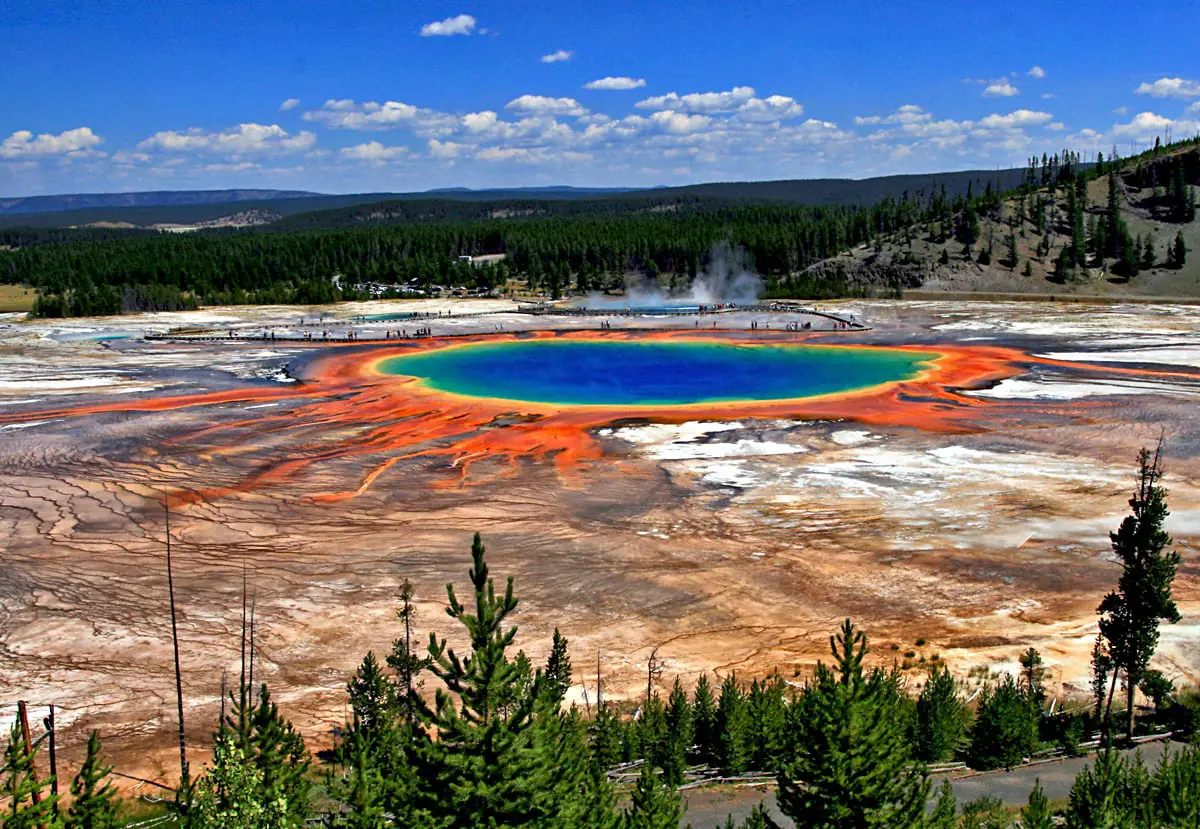
 Countries, regions
Countries, regions
North America is a continent with 23 independent countries and 22 territories which to a different extent are dependant on other countries. Alaska – a distant state of the United States and the disputed islands – Bajo Nuevo Bank (Petrel Islands) and Serranilla Bank are reviewed separately as well.
Two subregions – the Caribbean and Central America – are reviewed separately.
Northern America
- Alaska (part of the United States)
- Bermuda (United Kingdom)
- Canada
- Greenland (Denmark)
- Mexico
- Saint Pierre and Miquelon (France)
- United States (Alaska and Hawaii reviewed separately)
Central America
List of all countries / territories
The Caribbean
List of all countries / territories
- Anguilla (United Kingdom)
- Antigua and Barbuda
- Aruba (country in Kingdom of Netherlands)
- Bahamas
- Bajo Nuevo Bank (Petrel Islands) and Serranilla Bank (disputed islands)
- Barbados
- Bonaire (municipality of Netherlands)
- British Virgin islands (United Kingdom)
- Cayman Islands (United Kingdom)
- Cuba
- Curaçao (country in Kingdom of Netherlands)
- Dominica
- Dominican Republic
- Grenada
- Guadeloupe (France)
- Haiti
- Jamaica
- Martinique (France)
- Montserrat (United Kingdom)
- Navassa Island (United States)
- Puerto Rico (United States)
- Saba (municipality of Netherlands)
- Saint Barthélemy (France)
- Saint Kitts and Nevis
- Saint Lucia
- Saint Martin (France)
- Saint Vincent and the Grenadines
- Sint Eustatius (municipality of Netherlands)
- Sint Maarten (country in Kingdom of Netherlands)
- Trinidad and Tobago
- Turks and Caicos Islands (United Kingdom)
- United States Virgin Islands (United States)
Map with the described wonders of North America
If you see this after your page is loaded completely, leafletJS files are missing.
 The most amazing wonders of North America
The most amazing wonders of North America
North America is a very diverse continent that extends from the northernmost land of the world to the moist tropical wilderness of Darien Gap. This continent has extremely diverse landmarks – many of the most impressive natural landmarks in the world, great prehistoric structures, and exquisite modern architecture.
The most amazing wonders of North America are:
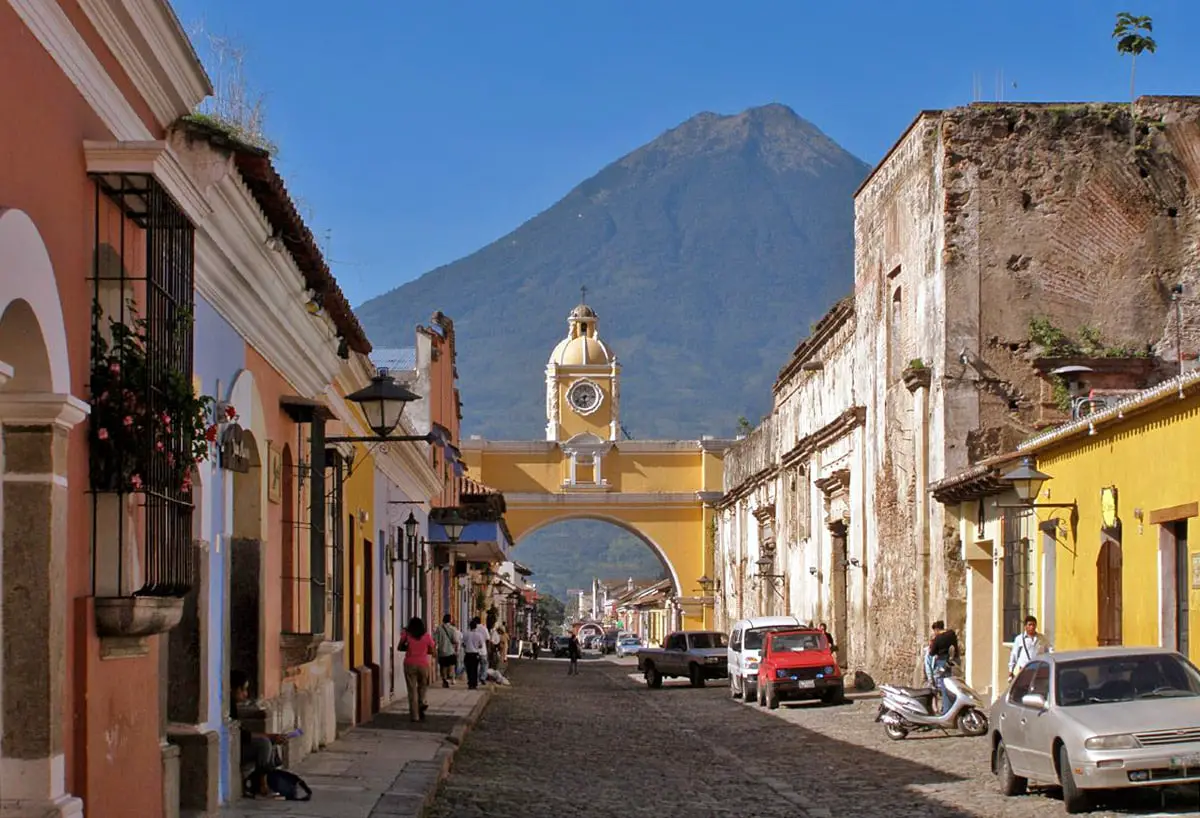
- Prehistoric monuments of Mesoamerica. One of the great civilizations of the world developed in this region. Like mighty waves in the time, cultures of Olmecs, Zapotecs, Toltecs, Mayans, Aztecs, and many others developed and left countless amazing monuments – cities, pyramids, stelae, and sculptures.
- Geothermal features in Yellowstone. There are no analogs in the world to the richness of amazing geothermal features in Yellowstone – here are located most geysers of the world, giant hot springs, and travertine terraces.
- Colonial architecture. As if competing with the magnificent developments of indigenous people, Europeans built great buildings and cities here. Such beautiful cities as Antigua Guatemala, Guanajuato, Taxco, and Trinidad were built, with hundreds of magnificent structures in Renaissance, Baroque, and other European styles.
 Top 25 wonders of North America
Top 25 wonders of North America
Geological wonders of North America
Grand Canyon
United States
Possibly the most impressive canyon in the world. This 446 km long canyon is up to 1,800 m deep and has rugged, nearly vertical walls.
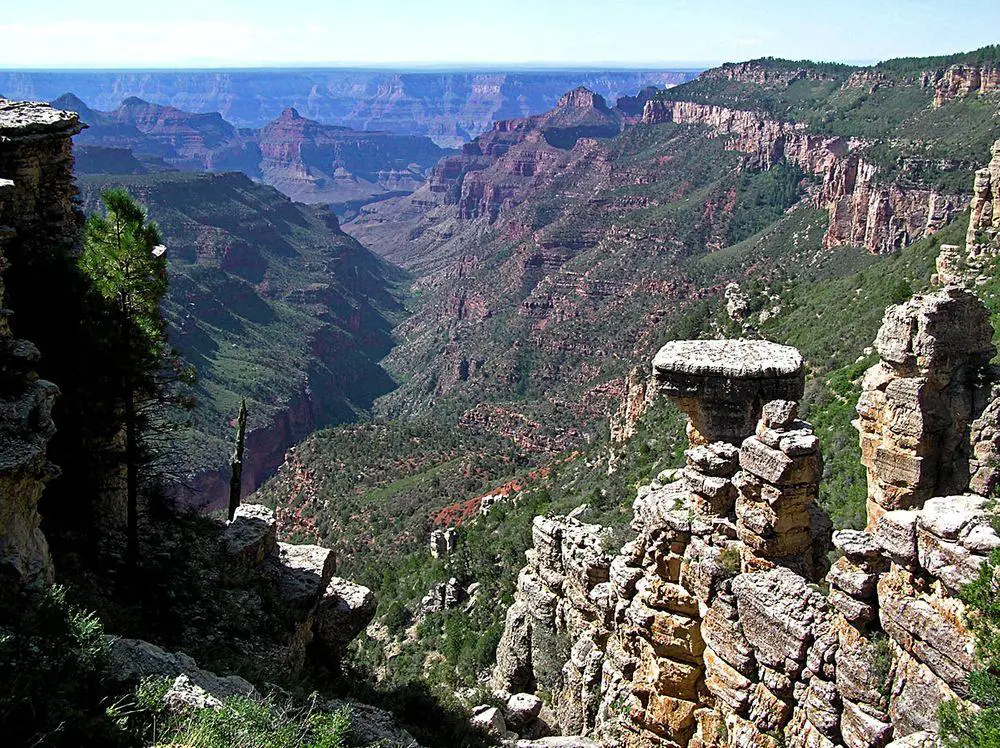
Niagara Falls
Canada / United States
The most popular waterfall in the world is 51 meters high and 1203 meters wide. The shape of the waterfall and its proportions have become somewhat synonymous with the word “waterfall”.
Meteor Crater (Barringer crater)
United States
Visually the most impressive meteorite impact crater on Earth. The diameter of the crater is about 1,180 m, depth – 170 m. The outer side of the rim rises 45 m high above the surrounding plains. The bottom is covered with a 210 – 240 m thick layer of rubble. The impact took place some 49,000 years ago.
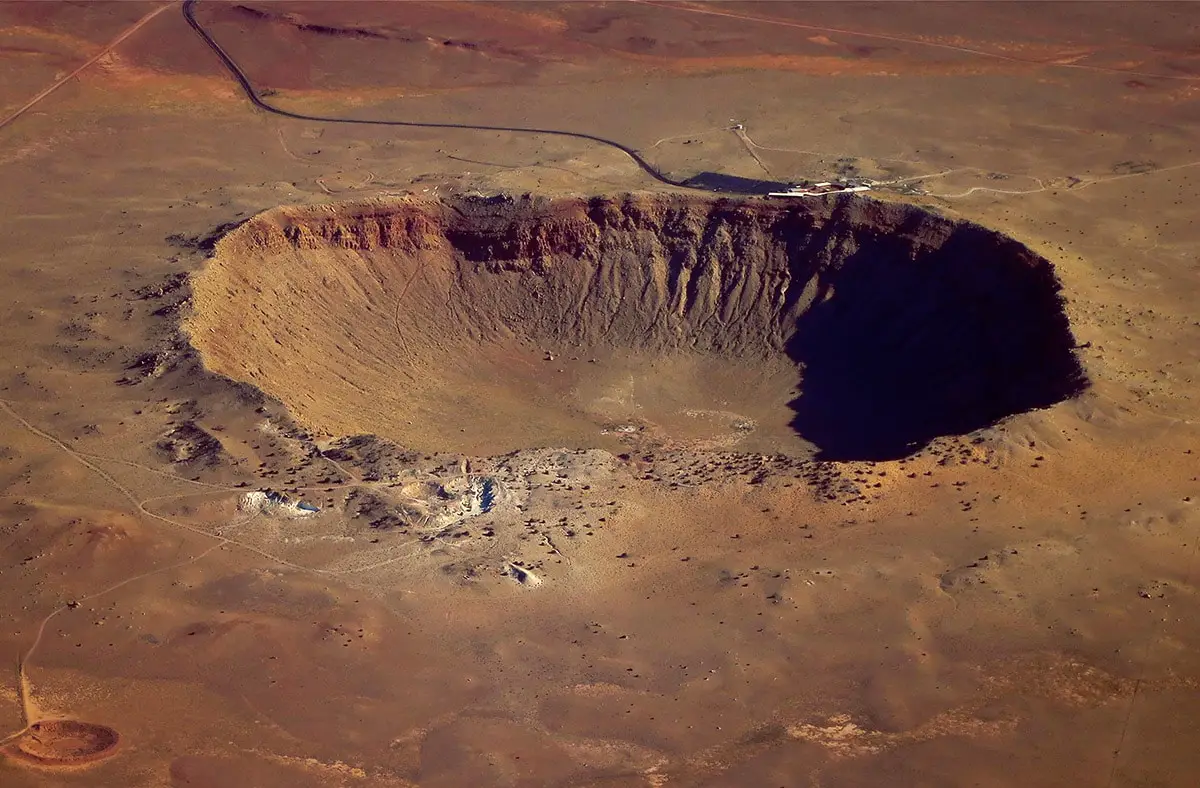
Mammoth Cave
United States
The total length of Mammoth Cave passages is 676 km: it is the longest known cave system in the world. Cave has formed in Early Carboniferous (Mississippian) limestone and is covered with sandstone. Burials of Native Americans.
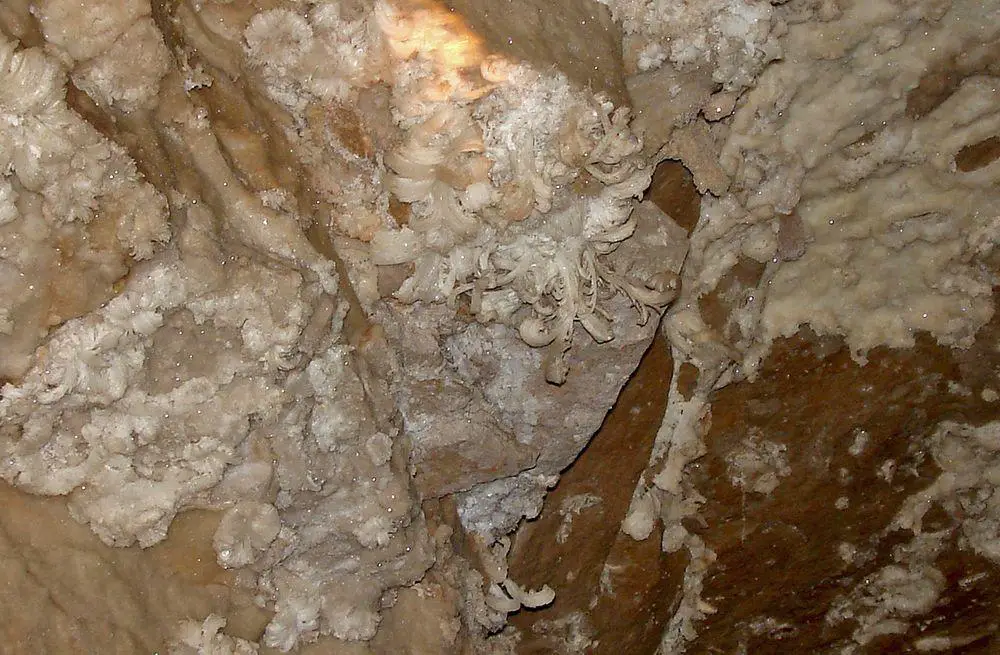
Geysers of Yellowstone National Park
United States
This is the largest concentration of active geysers in the world with more than 500 active geysers. Currently, the world’s most powerful geyser, the Steamboat geyser (up to 90 meters high) is here. It consists of several groups of geysers, many being the most spectacular in the world.
Old Faithful
United States
The most predictable geyser in the world, erupting almost every 91 minutes. The height of the eruption is up to 56 m.
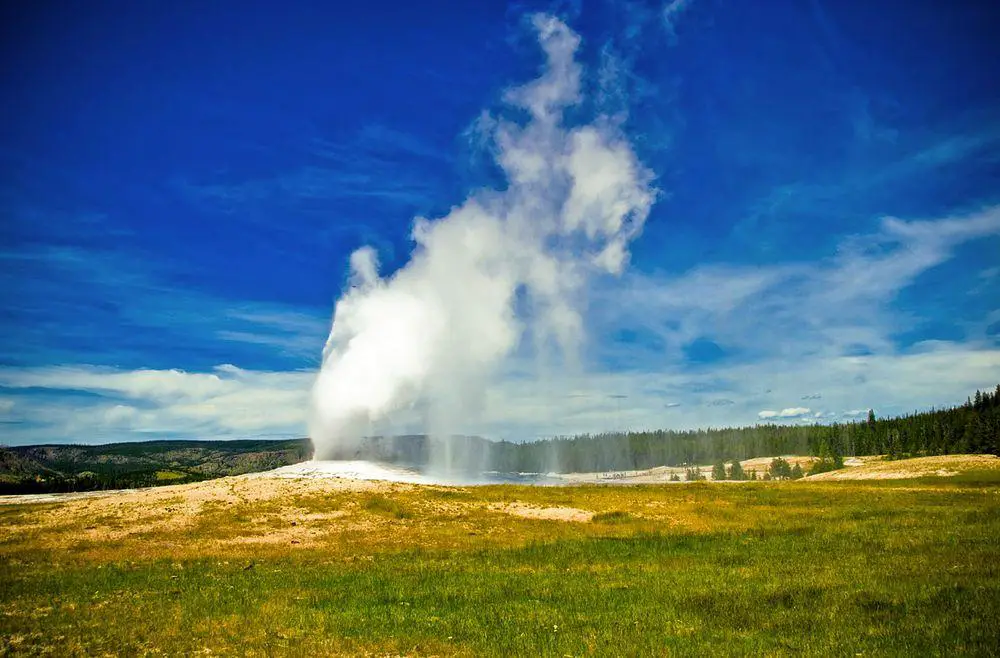
Great Blue Hole
Belize
A perfectly round undersea sinkhole, 318 meters across and 124 meters deep. Contains tilted stalactites possibly hinting at tectonic movements.
Mammoth Hot Springs
United States
These hot springs have produced some of the most impressive travertine terraces in the world.
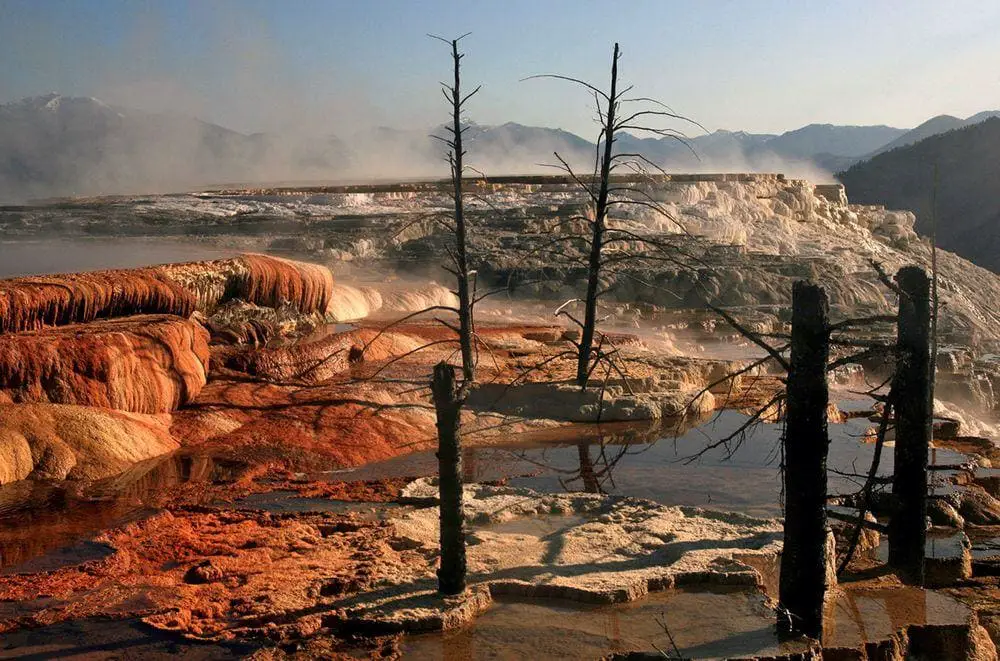
Delicate Arch
United States
Beautiful natural arch, 20 m tall.
Sistema Zacaton
Mexico
Unique karst field created by thermal acidic waters heated by volcanic heat. Contains the world’s deepest water-filled sinkhole, the 339 meters deep El Zacatón sinkhole with 319 meters deep lake, and floating islands. Poza Seca is one of the unique travertine-capped sinkholes of Sistema Zacatón – here the formerly open sinkhole has sealed itself with a limestone lid. Most likely it hides unknown life forms, not investigated.
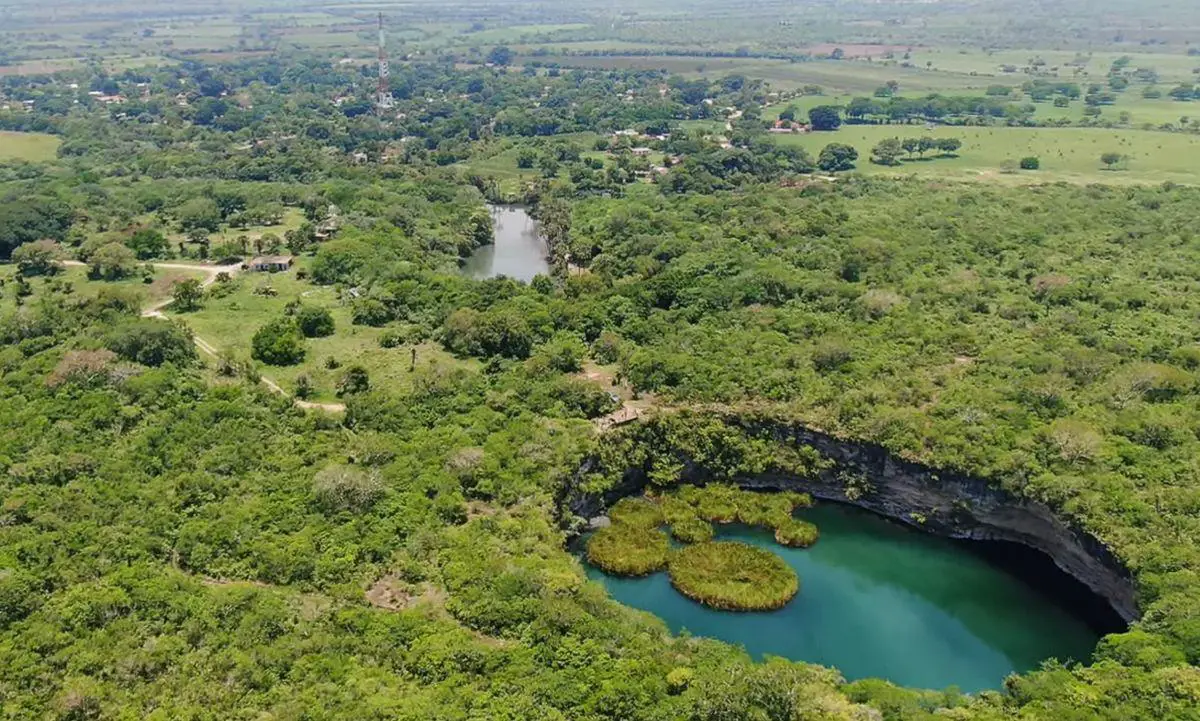
Devil’s Tower
United States
Igneous intrusion – a steep, unusual rock rising 386 m above the surroundings.
Biological wonders of North America
General Sherman tree
United States
Giant sequoia (Sequoiadendron giganteum), the largest tree in the world by volume. Volume 1,487 m3. Height 83.8 m, girth at the breast height 25.9 m. Believed to be 2,300 – 2,700 years old.
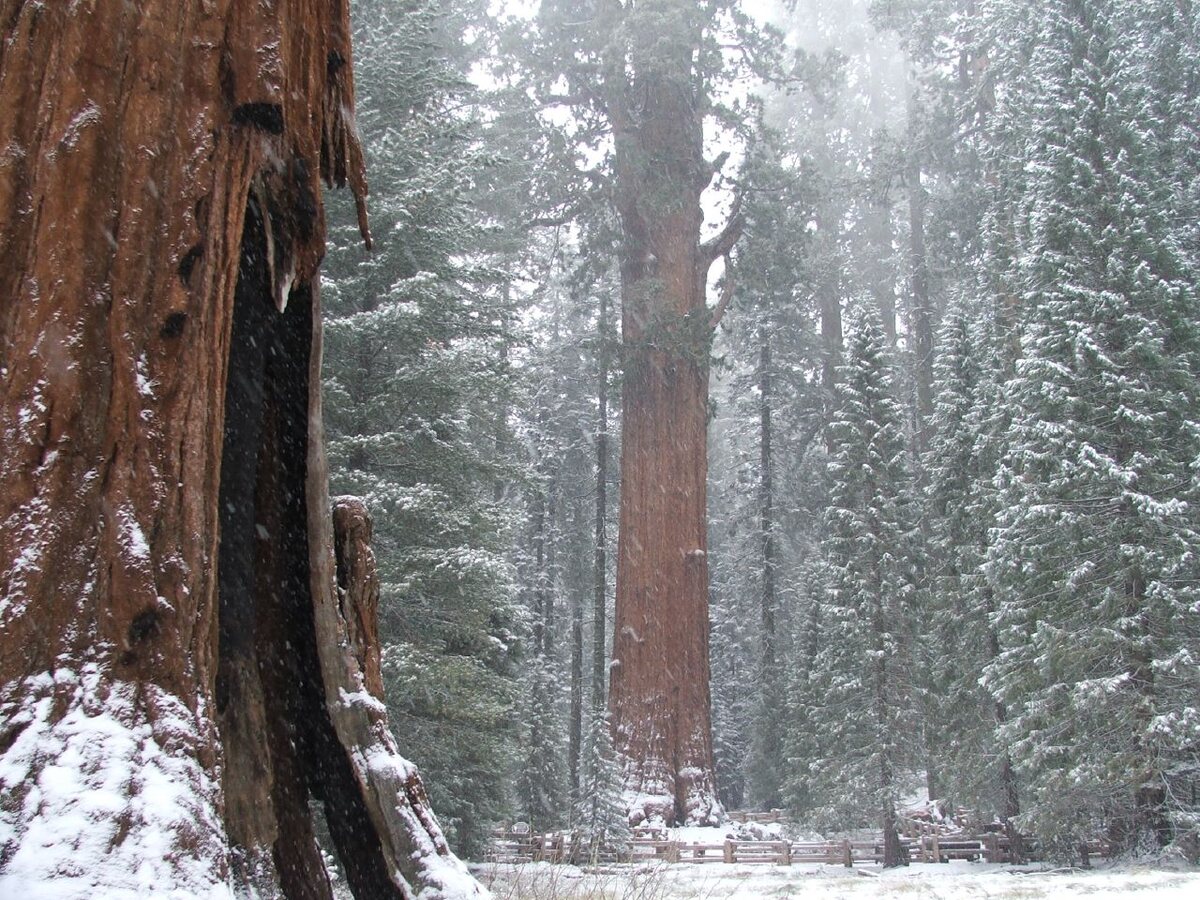
Archaeological wonders of North America
Teotihuacan
México
One of the largest ancient cities in the world with numerous monuments of architecture and art. Established sometime around 200 BC and was abandoned in the 7th – 8th centuries AD. A hugely impressive monument of urban planning is the Avenue of the Dead. The pyramid of the Sun is the third largest ancient pyramid in the world. Height – 71,2 m. The pyramid of the Moon is an older pyramid from 200 – 450 AD, 42 m high.
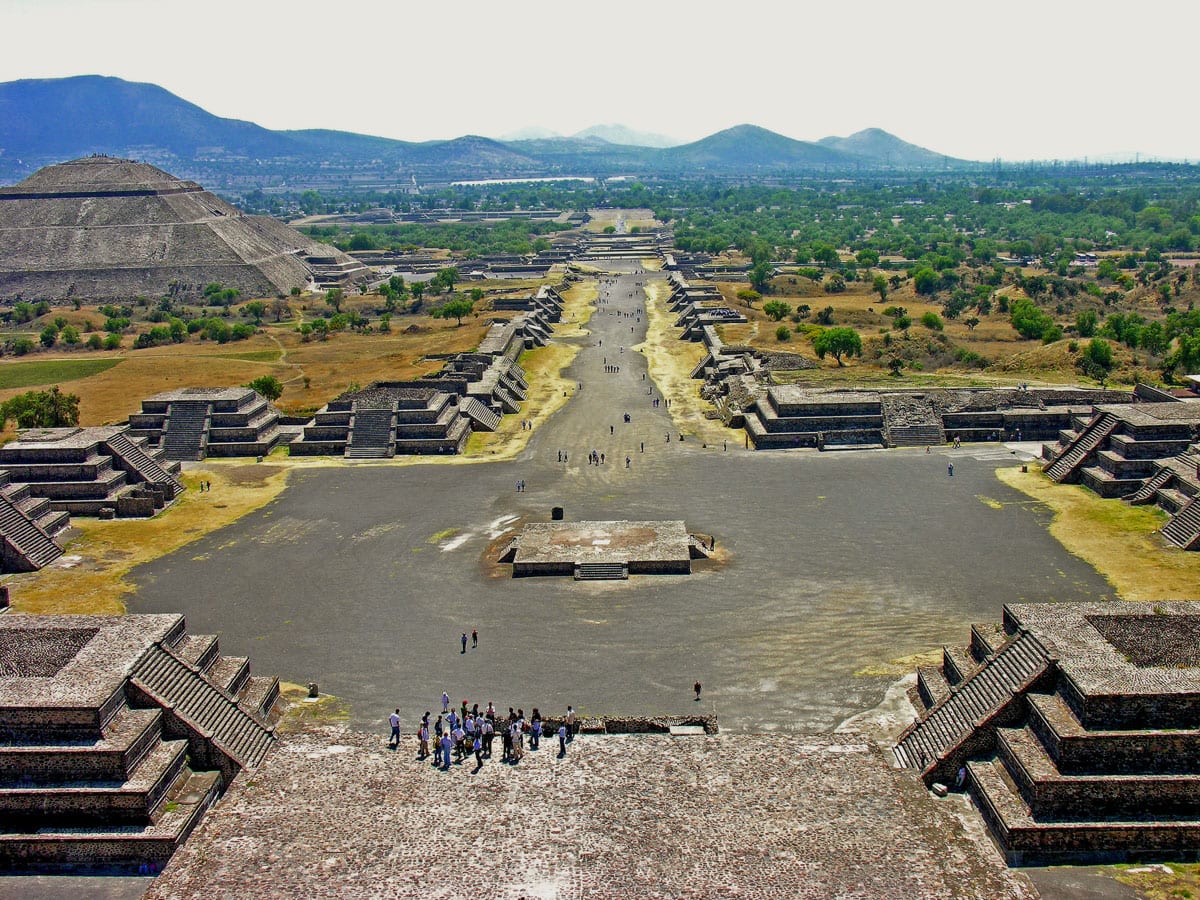
Palenque
Chiapas
Ruins of a Mayan city that flourished in the 7th century AD. The city is located in the middle of the jungle, on the hill overlooking the coastal plains. Another is the fact that Palenque contains some of the finest known Mayan architecture and artwork. The most interesting structures are the Palace of Palenque and Temple of the Inscriptions with important records of the history of the city and the sarcophagus of Pakal – ruler of the city.
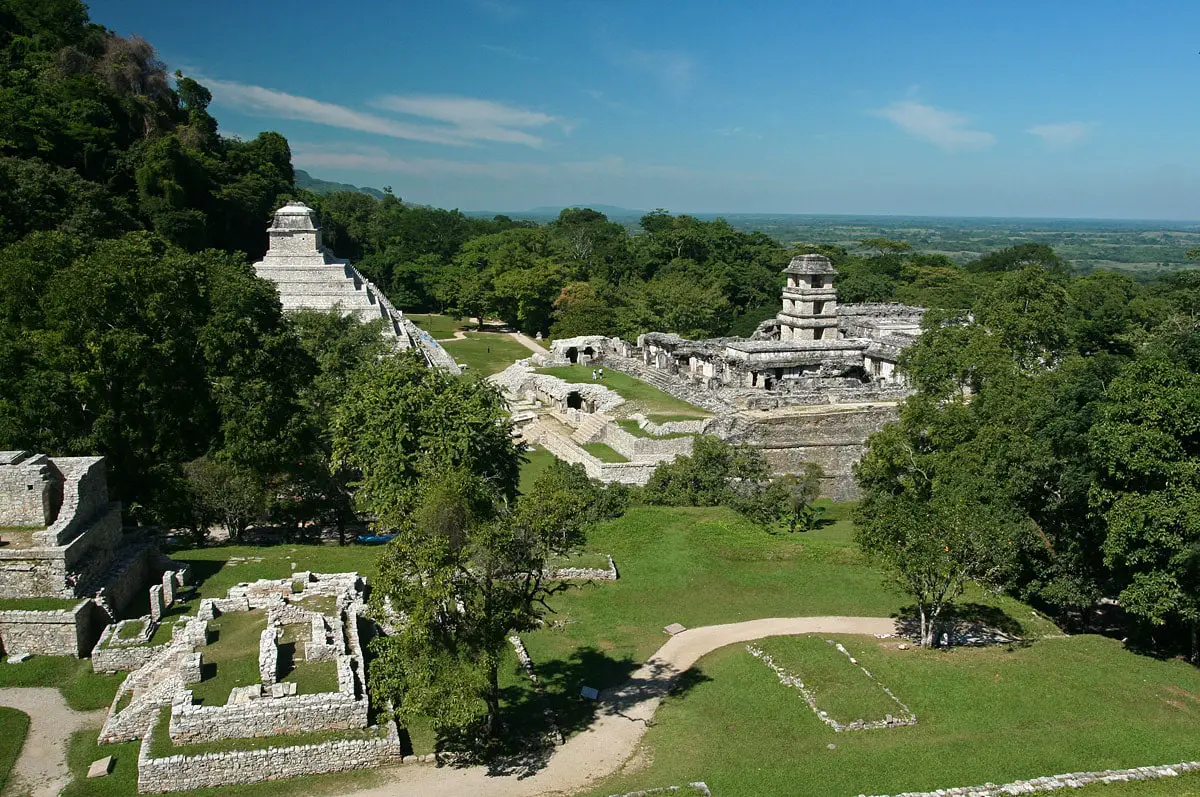
Chichen Itza
Yucatán
The major urban center of lowland Maya culture with numerous monuments of world importance and fame. Chichen Itza became an important center around 600 AD and remained such a center until its fall around 1000 AD. Some of the best-known monuments are the El Castillo pyramid, the Great Ball Court, Temple de Los Guerreros, El Caracol observatory, and Ossario pyramid.
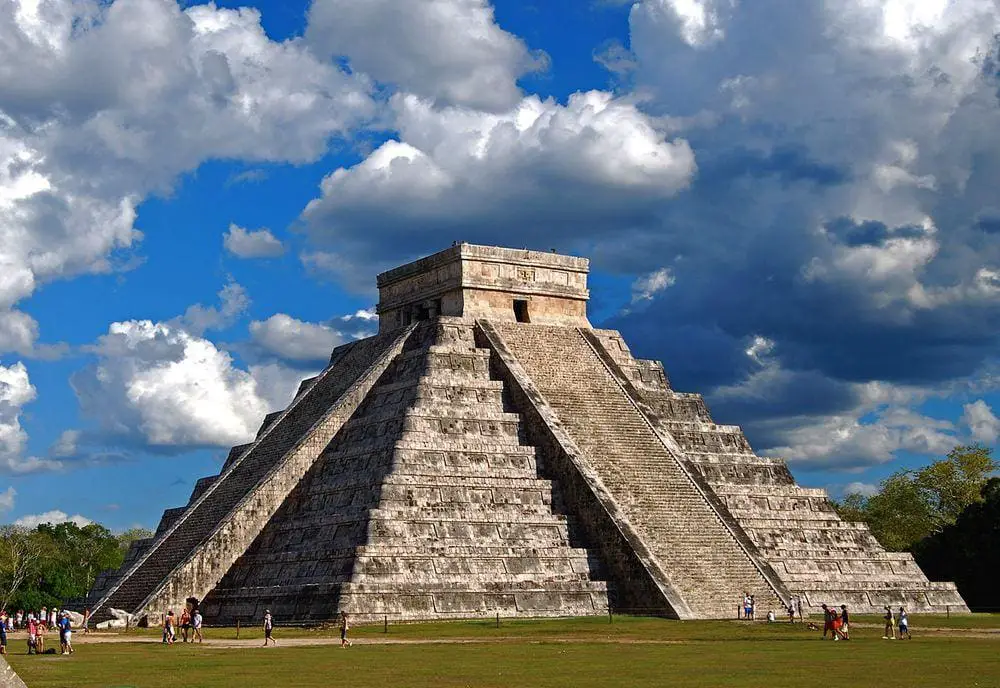
Tikal
Guatemala
One of the largest and most important cities of the Maya civilization. The city flourished in the 3rd – 10th century AD. The city contains an impressive complex of ruined structures, including a 47 m high pyramid. Numerous art values – stelae, burials.
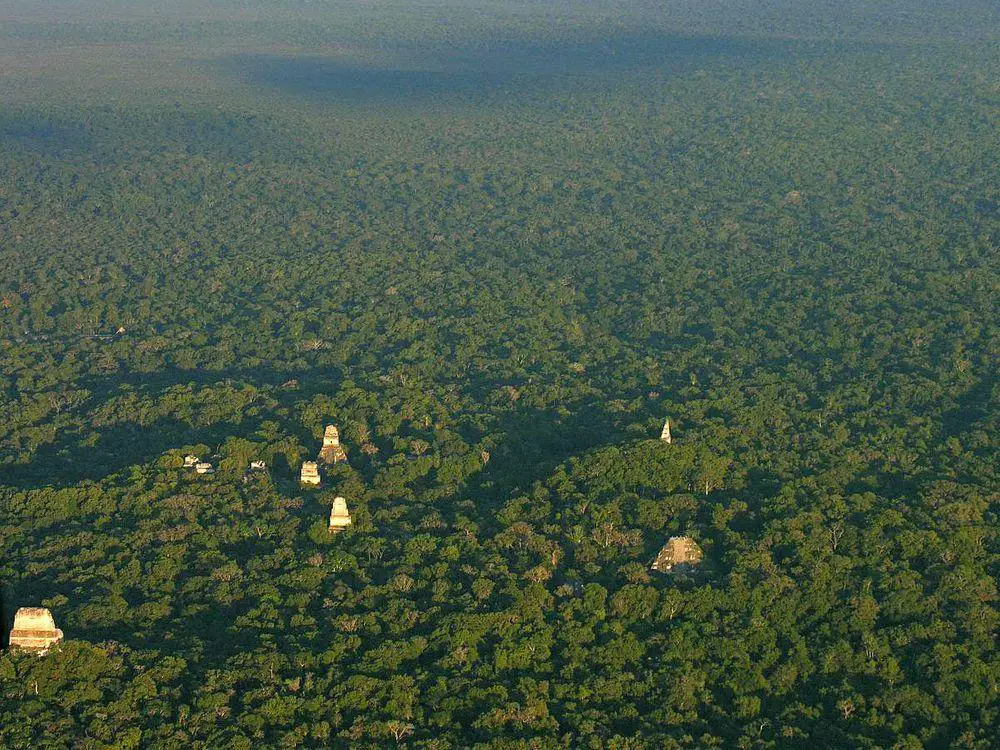
El Mirador
Guatemala
This ancient city flourished around the 9th century AD. At times there were living more than 100 000 people – thus it was one of the largest cities in the world then. The central part of the city takes some 26 km². The tallest pyramids are more than 70 m tall (La Danta) and belong to the largest constructions in the ancient world. There are other enormous pyramids: El Tigre is 55 m tall, and Los Monos is 48 m tall.
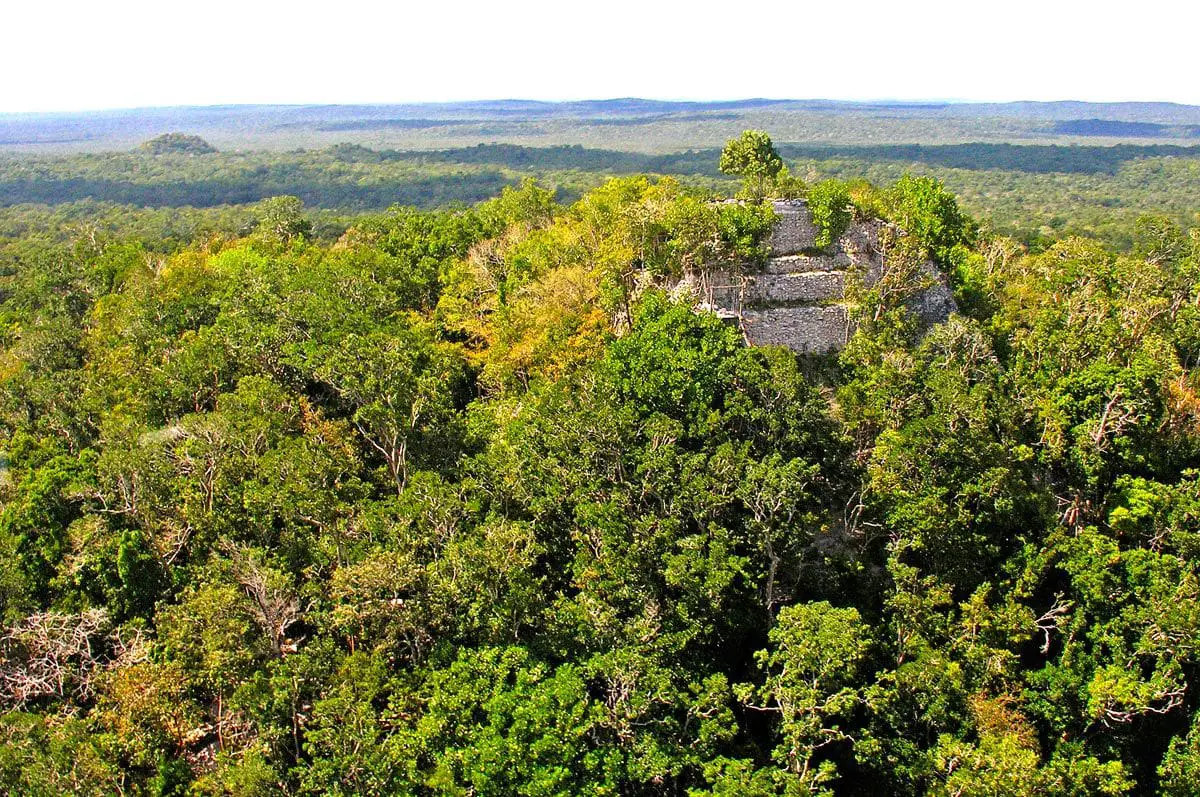
Architecture wonders of North America
Manhattan
United States
The most prominent historical skyscraper district in the world. The first highrises were built here in the late 19th century. Contains a huge number of beautiful Art Deco and later skyscrapers. The most prominent buildings here are Empire State Building (381 m tall, 1931) and Chrysler Building (282 m, 1930).
Golden Gate Bridge
United States
Iconic bridge, one of the most popular bridges in the world. This 2,737 m long suspension bridge was constructed in 1933 – 1937. Pylons are 227 m high, and the span under the bridge is 67 m.
Las Vegas
United States
Enormous entertainment and resort city, developed in the middle of the desert in the middle of the 20th century. Contains a huge number of spectacular buildings, built to impress the guests of the city.

Empire State Building
United States
This 381 m tall skyscraper has 102 stories. It was built in 1931 and was the tallest building in the world until 1972.
Xochimilco
Ciudad de México
Unique monument of urban planning inherited from Aztec times. There has been preserved the network of ancient channels with chinampas – island gardens. Channels are traveled by special boats – trajineras. Channels and islands contain endemic plants and animals including a unique salamander – axolotl (Ambystoma mexicanum).
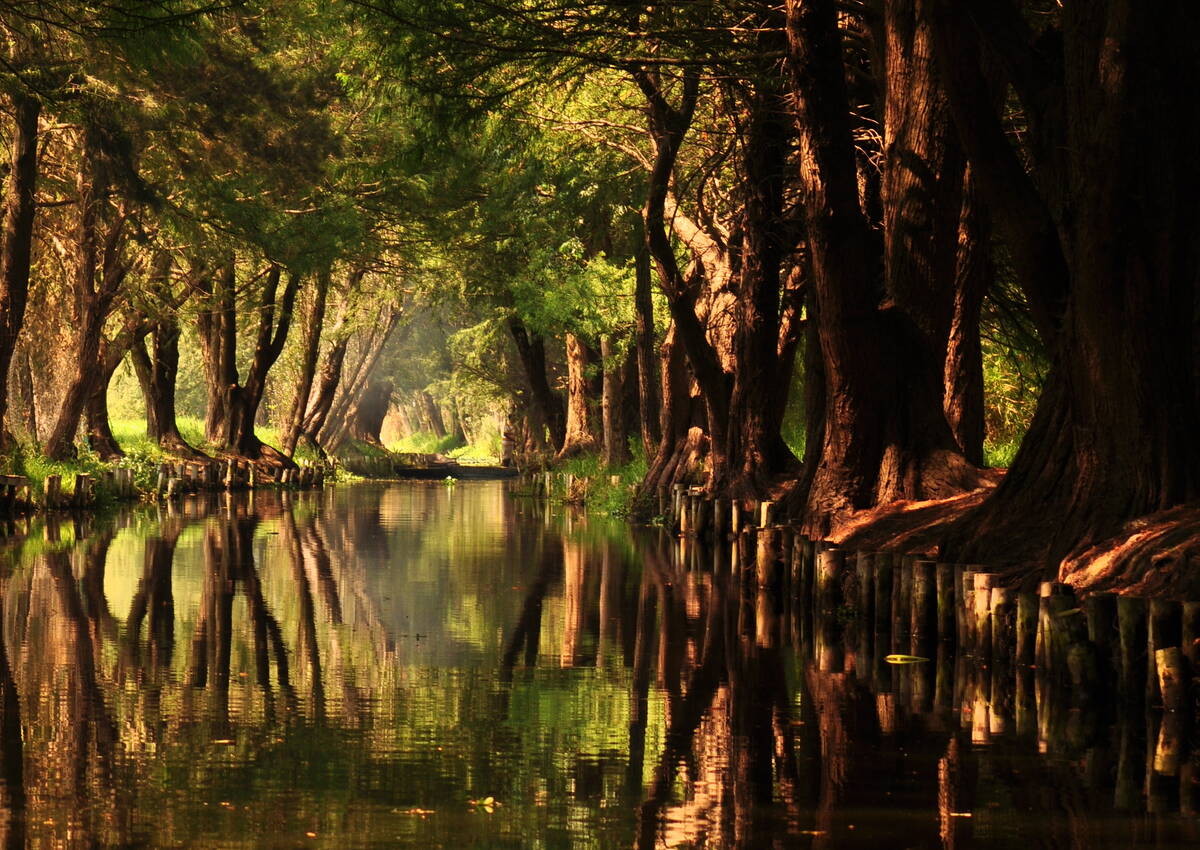
Guanajuato
Guanajuato
A beautiful colonial city with numerous impressive buildings in the Mexican Baroque style. Many historical streets are under the ground.
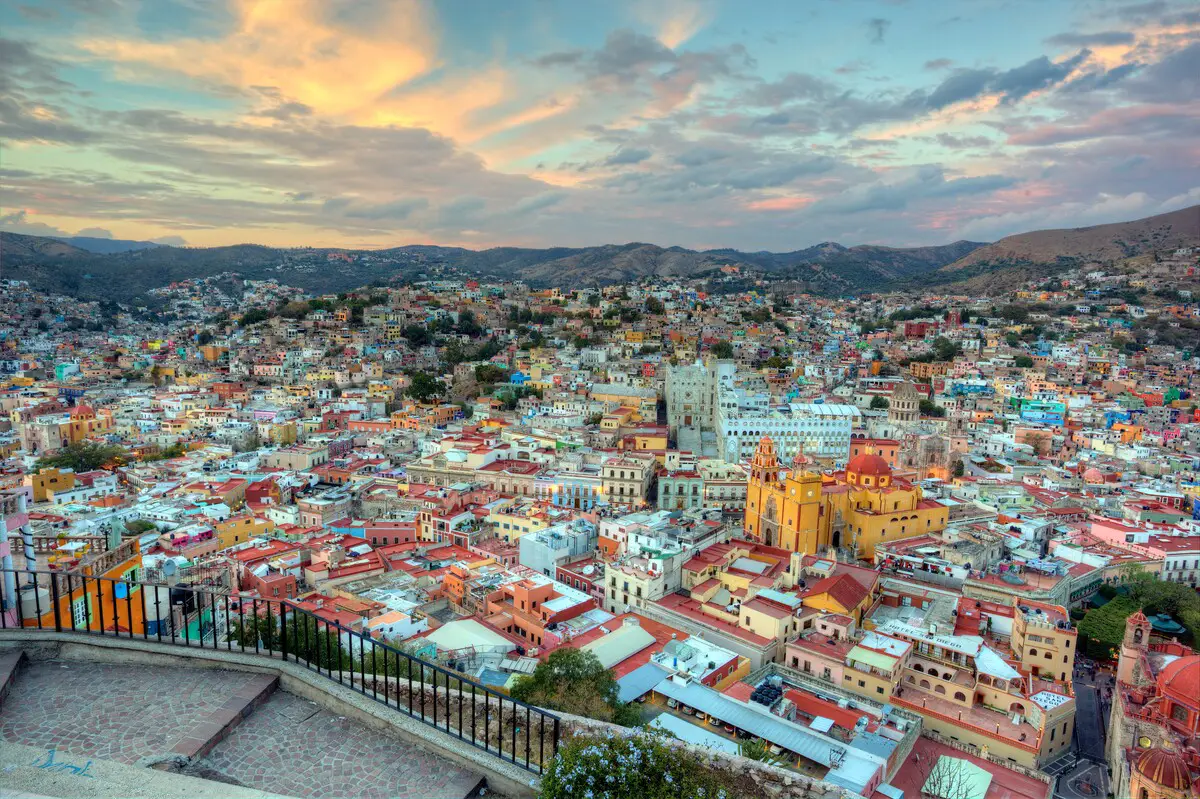
Mount Rushmore
United States
Unique sculptural group – portraits of four presidents of the United States, each 18 meters tall. Sculpted in live rock in 1927 – 1941.
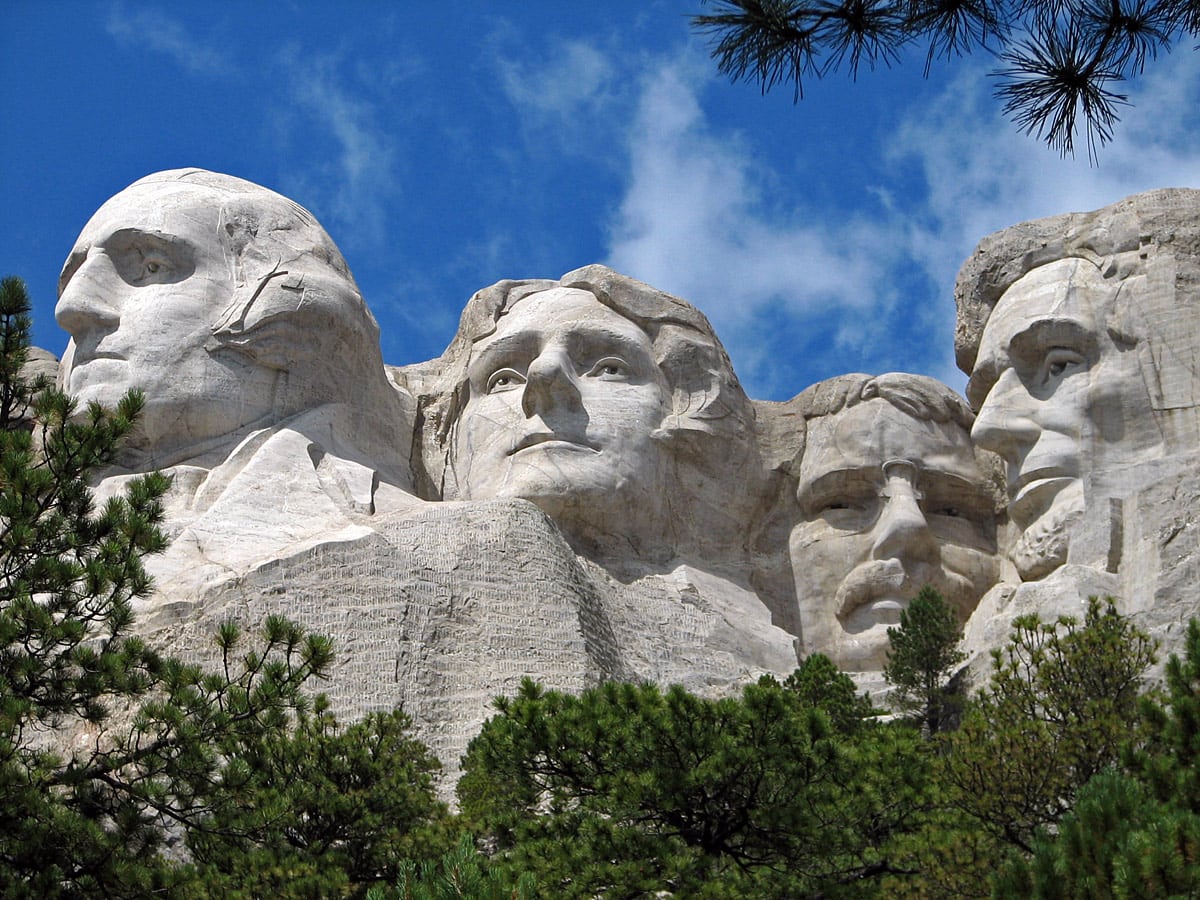
Old Havana
Cuba
A center of the Caribbean metropolis, established in 1519. The best-preserved large historical city in the Americas. The enormous historical center of the city has a huge number of valuable buildings in Baroque, Neo-Classicism, Eclecticism, Art Nouveau, and Modern styles. Buildings have retained their original details of wrought iron and wood. Malecón is one of the most picturesque promenades in the world.
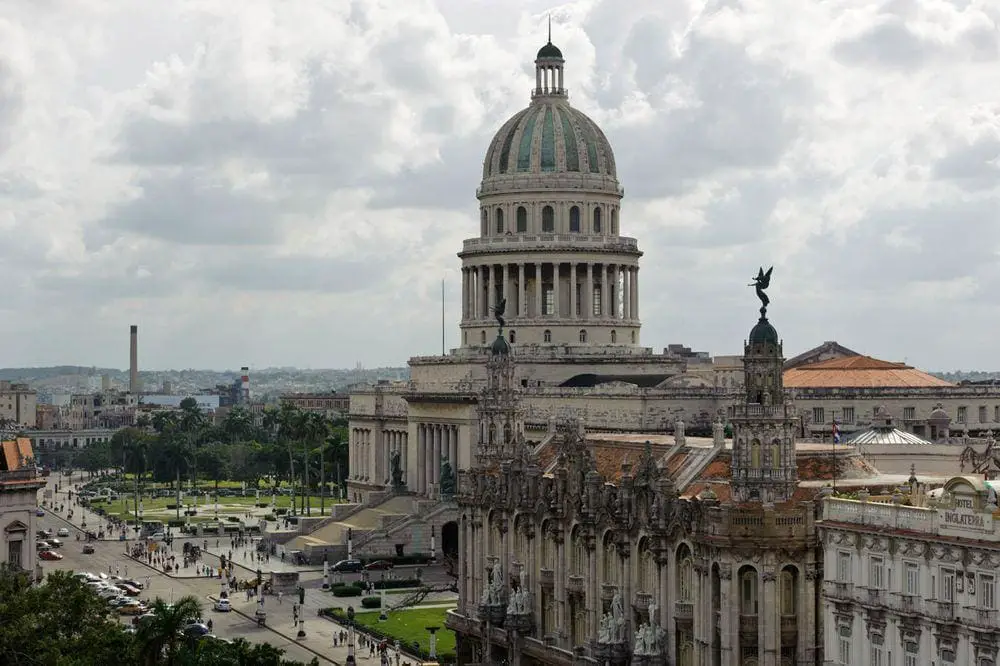
 Recommended books
Recommended books
An Introduction to Native North America
An Introduction to Native North America provides a basic introduction to the Native Peoples of North America, covering what are now the United States, northern Mexico, and Canada. It covers the history of research, basic prehistory, the European invasion, and the impact of Europeans on Native cultures. A final chapter covers contemporary Native Americans, including issues of religion, health, and politics.
North America: A World in One Continent
The North American continent stretches over 9.5 million square miles and is home to more than 500 million people, who share it with hundreds of thousands of species of mammals, birds, insects, and plants—many of them extraordinary, unforgettable, and unique. With 150,000 miles of coastline, North America also has the longest and most abundant shores of any continent on Earth.

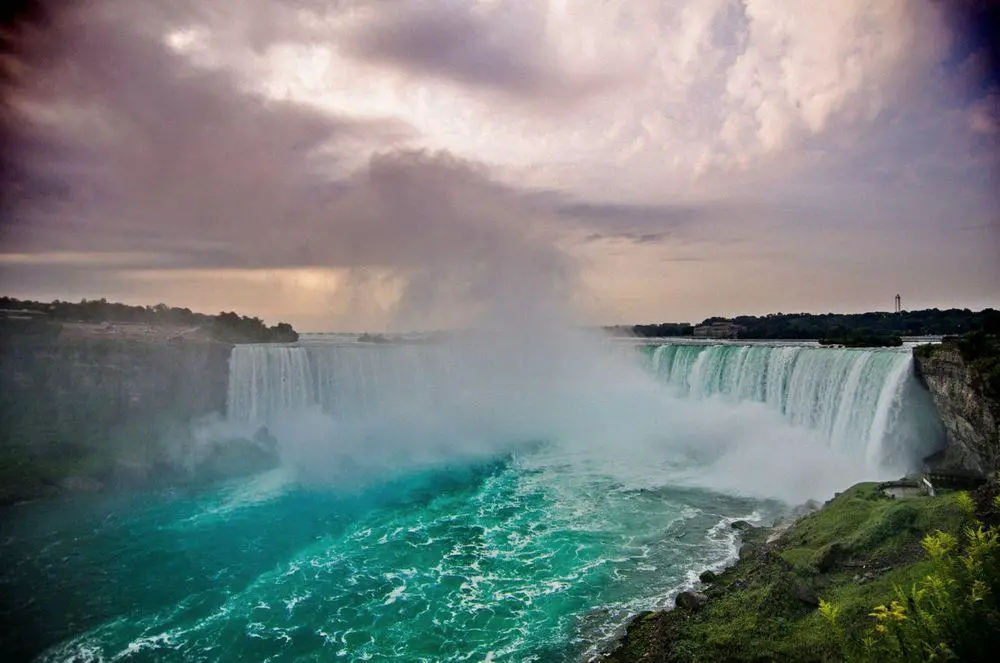
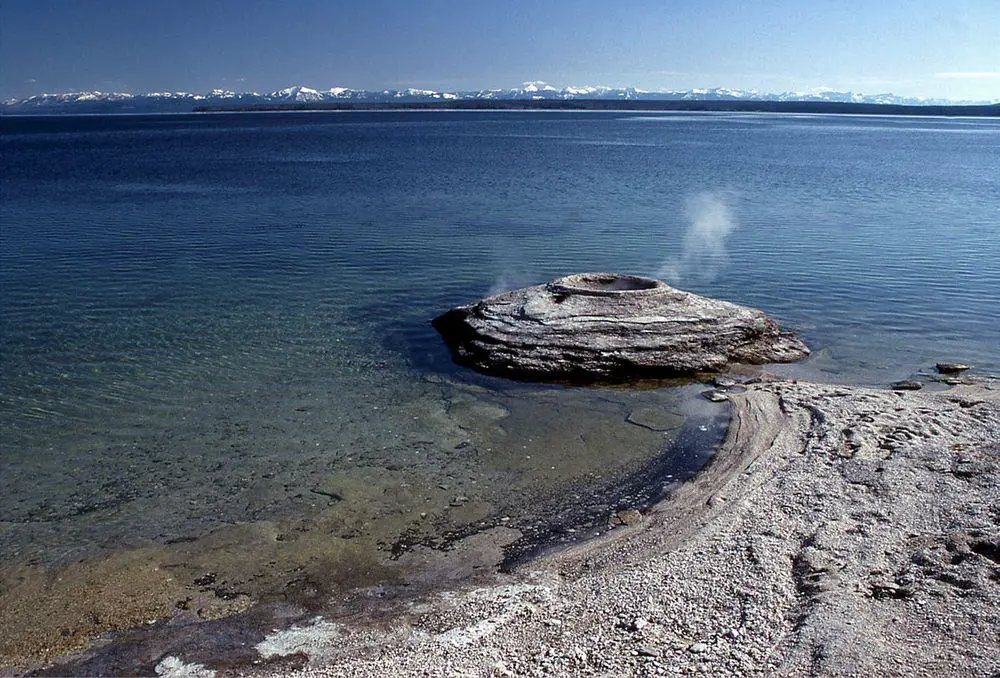
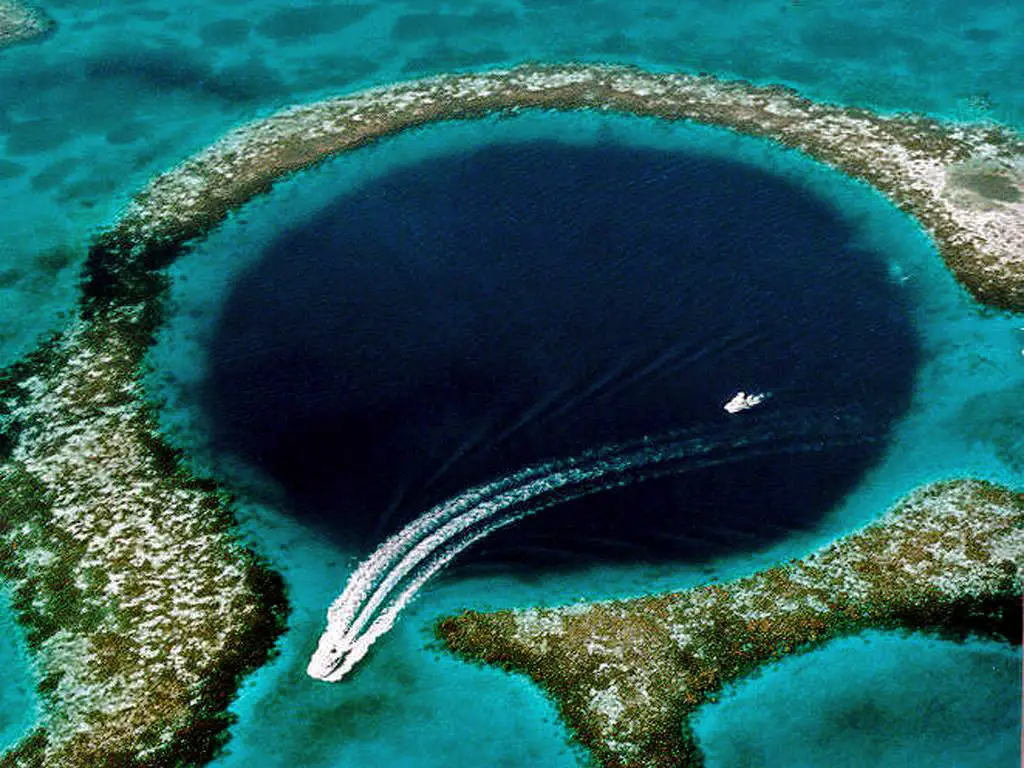

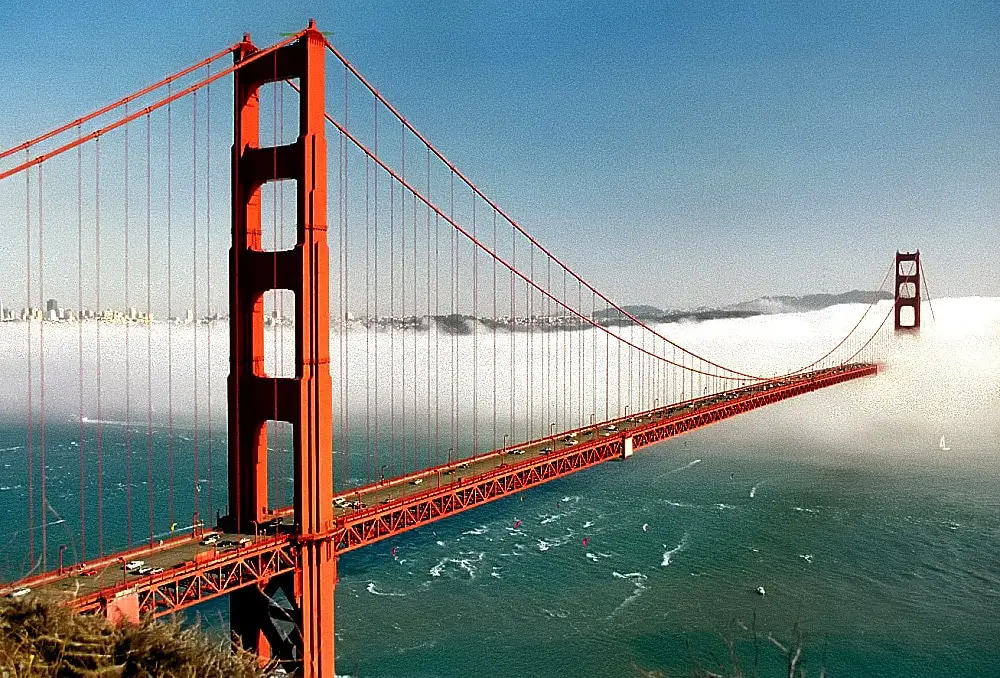


I love History so much I just had to read this passage. They all good passages and it makes me want t go to every place that is listed now
That is a lie and you spelled yur wrong
Sorry I meant your im so bad lol lolollollololololololololololololololololllolollolololololololollololo.
I need answers so if you are sorry give me answers
no
I loooooooooooove north America
Nœœœœœœœœœœœœœœœœœœœœœœo
Hi I’m not much for history but I have to go on this for school